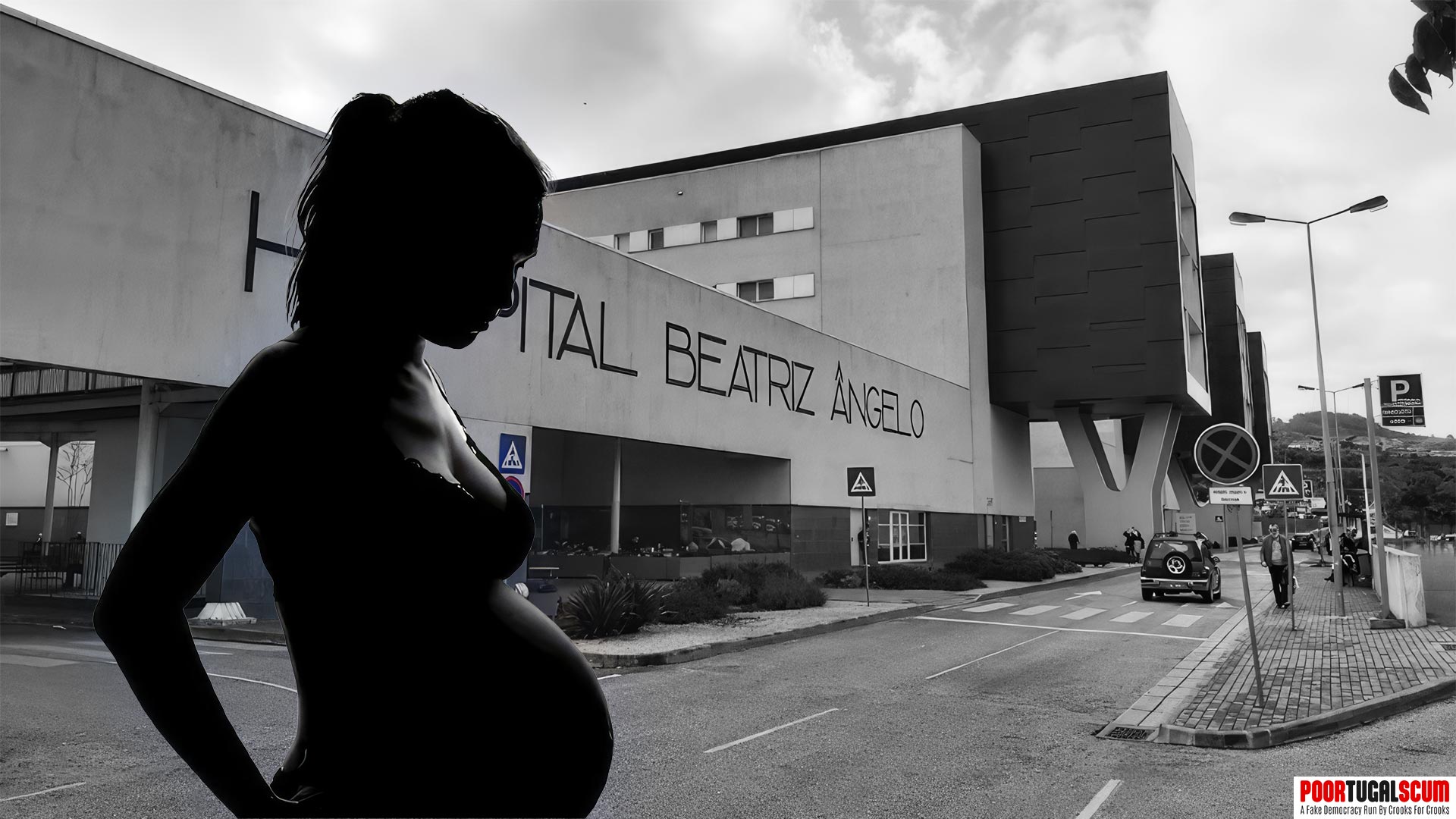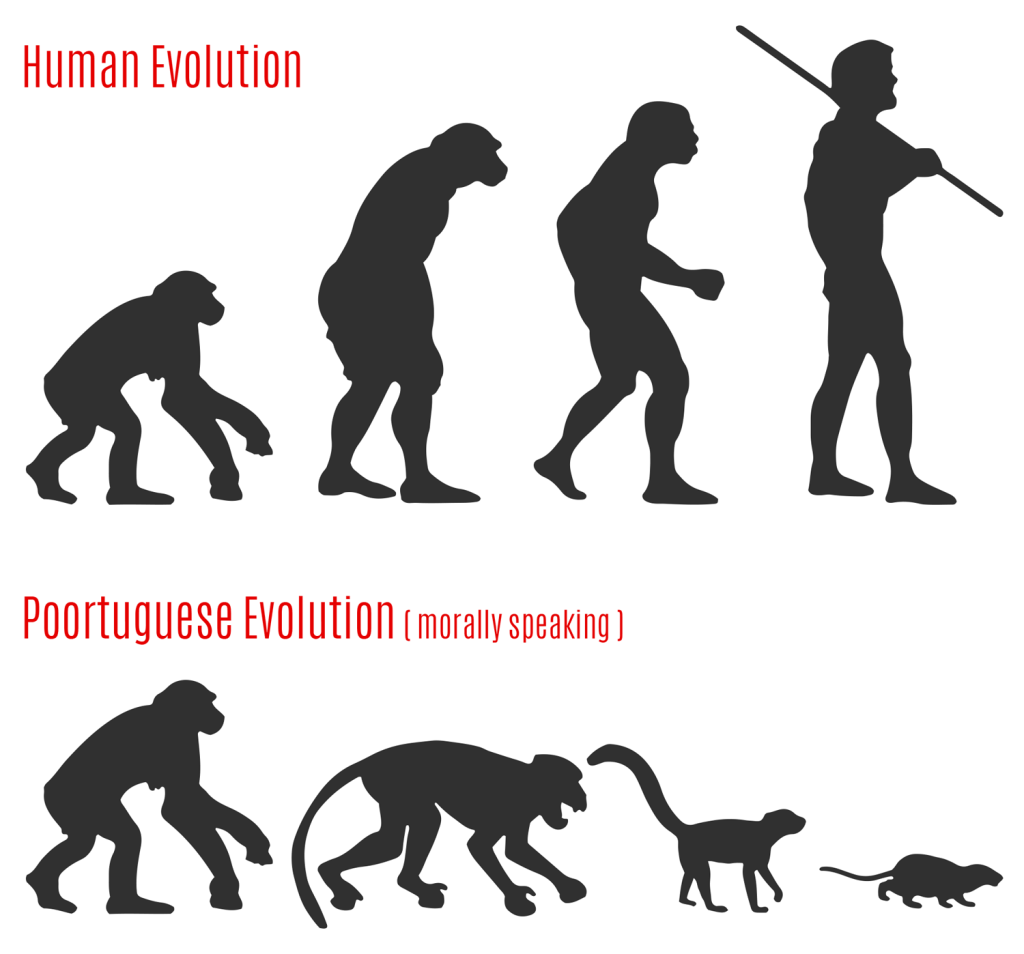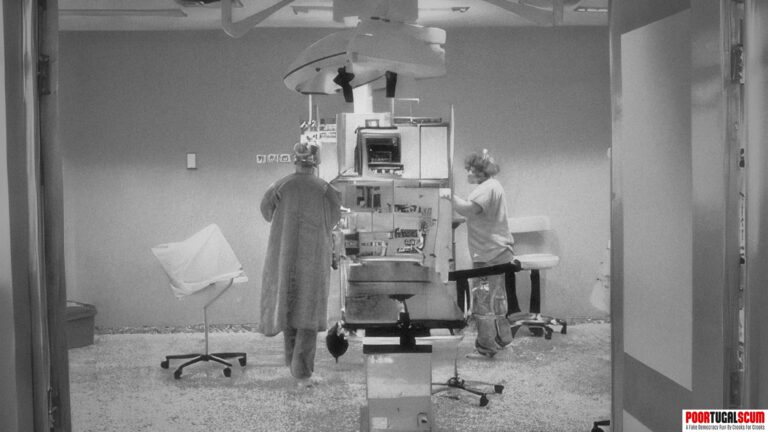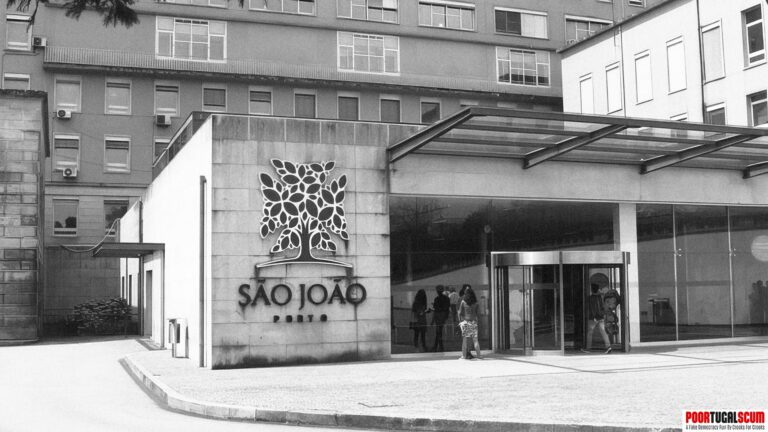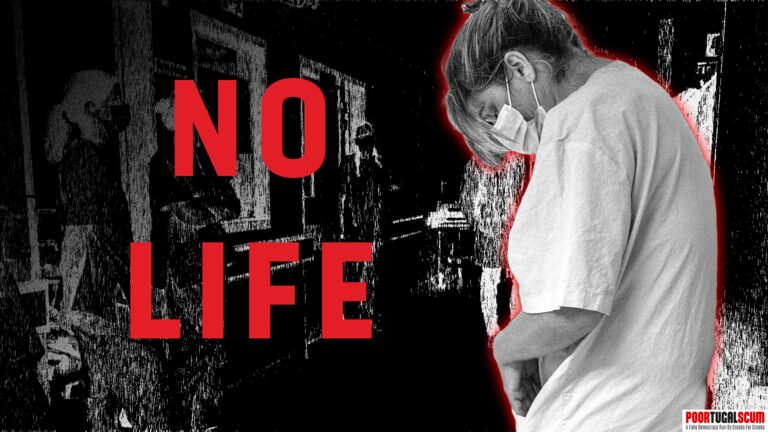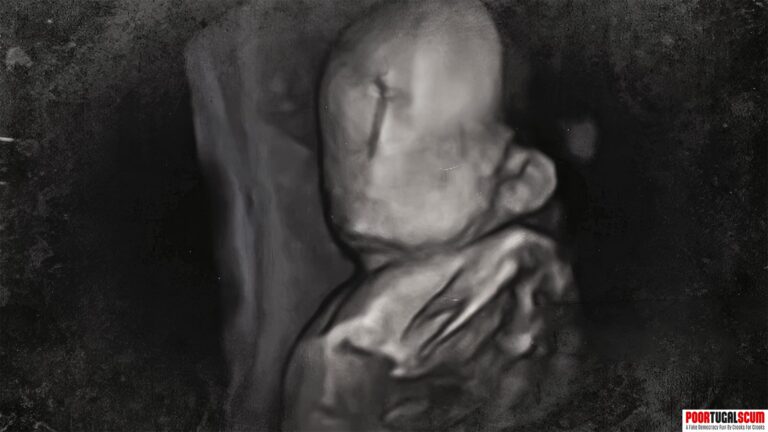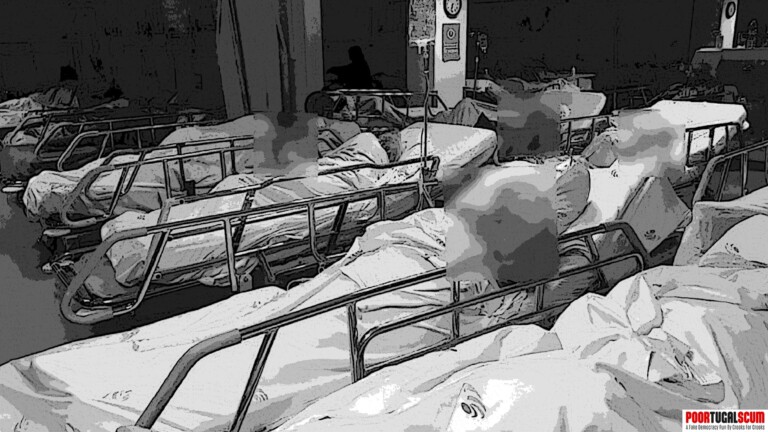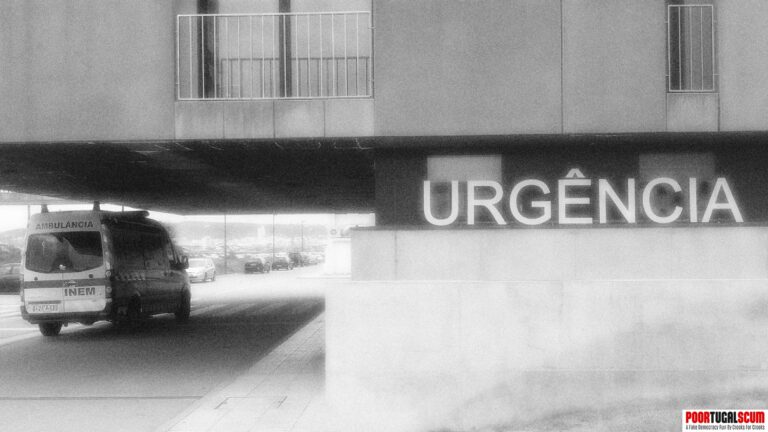How to be as inhuman and cruel as possible: “They broke the news to her in the coldest and cruelest way. They told her: “Your daughter has something, she is dead! They didn’t even call a psychologist. What they did was totally inhuman,” criticizes Father Luís Dias.
The following article is a translation (mostly MT). You can find the link to the original website at the end of it.
A 32-year-old woman, eight months pregnant, learned last Tuesday, during a consultation at the Beatriz Ângelo Hospital in Loures, that the baby was dead and the fetus would have to be removed. She was sent home that day and the next due to lack of space.
A 32-year-old woman, eight months pregnant, learned last Tuesday, during a consultation at the Beatriz Ângelo Hospital in Loures, that the baby was dead and the fetus would have to be removed.
She was sent home that day and the next for lack of space.
Last Tuesday, Tânia Dias received the worst news a mother can receive at the end of her pregnancy.
And, according to the child’s father, in the “worst way”. “They gave her the news in the coldest and cruelest way. They told her: your daughter has something, she is dead! They didn’t even call a psychologist. What they did was completely inhumane,” Luís Dias criticizes, regretting that no psychological support was provided.
The suffering of this family, a couple with three daughters, was compounded when the hospital sent the woman home with the dead fetus after the tragic news. “They told her they couldn’t guarantee her a room that day. She could stay with another pregnant woman or a newborn in the same room, or go home and come back the next day, and if she had a fever or pain, go to the emergency room”, says a surprised Luís Dias. “I immediately wondered if her life was in danger and if there shouldn’t be an immediate follow-up. This is very sad,” he adds.
Tânia went home and returned the next day to be admitted to the hospital and to have the fetus removed, but for the second time, she returned home. “She arrived at the hospital and waited for half an hour until the doctor told her to come today (Thursday) because they didn’t have a place for her and the drugs to induce labor would take 48 hours to work.
They didn’t even see if she had a fever or check her blood pressure, they didn’t offer any help. I asked them if they thought it was humane for a woman whose daughter was dead to keep her in her belly for another day,” says Luís Dias.
The family also says that the pregnancy went “very well” and that “nothing predicted this outcome.” “Eva was a healthy baby, the doctor couldn’t believe what had happened. She hypothesized that it was a thrombosis of the umbilical cord, with no blood and oxygen flowing to the baby, but only with the autopsy will we know,” he laments, recalling that day. “In the morning, the baby was still moving. At noon, my wife didn’t feel any movement in her abdomen, but she didn’t think it was strange because the girl moved more in the morning and at night”.
Tânia Dias was taken to a room alone this Thursday to have the fetus removed and is already receiving psychological support, support that Luís Dias believes only came because of pressure from the media. “They never suggested psychological assistance. Only today they asked her if she would need it and she immediately said yes”.
The family cannot understand why Tânia Dias was not transferred to another hospital or why another type of intervention was not chosen, such as a cesarean section. “If they saw that my daughter was already dead on a Tuesday, why didn’t they intervene immediately? Why did they let my wife go home and do this roundabout? She is suffering, she has a dead daughter in her womb. We can’t mourn”, he criticizes.
The Hospital Beatriz Ángelo confirms to JN that “the user in question was evaluated in an elective obstetric consultation on October 24, and the presence of a dead fetus in utero was diagnosed” and that on that day “she underwent pharmacological therapy, which was to be complemented by an intervention within the next 48 hours”.
The hospital unit also states that “as planned and scheduled with the user, she attended the Beatriz Ângelo Hospital this Thursday and the clinical procedures indicated for this situation are taking place”.
When asked about the lack of psychological support for this family, the hospital says that the need has not yet been identified. “Part of comprehensive clinical care is the possibility of providing psychological support, if this need is identified by the attending physician, it is available in this hospital unit.

